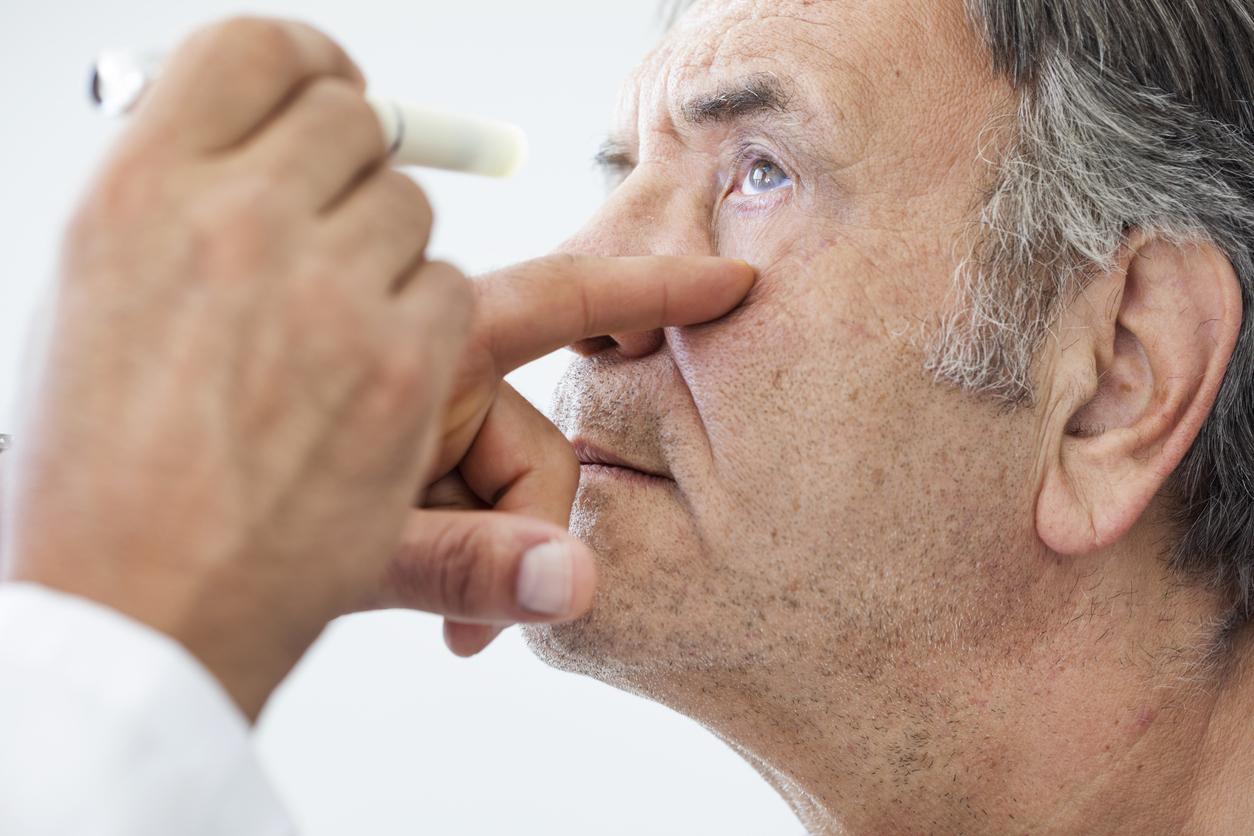Apelin, a new hormone, would counter the effects of muscle damage associated with aging, or sarcopenia. A great hope in the fight against the loss of autonomy of seniors.

Fatigue, pain in movement, loss of muscle strength and endurance, falls … The decrease in muscle mass associated with age, or “sarcopenia”, is the main cause of loss of autonomy in seniors. It would affect one in three senior citizens. Moreover, due to the induced limitation of mobility, sarcopenia is one of the causes of various age-related diseases (osteoporosis, heart disease, etc.).
Several factors are responsible for this age-related muscle loss, but researchers from Inserm and the University of Pau Sabatier in Toulouse have discovered a protein in the muscles, apelin, which could prove to be a major ally against this critical problem.
A hormone that optimizes the use of energy
Apelin is a hormone discovered in 1998 which has different roles in the body: regulation of arterial pressure in blood vessels, maintenance of the contractile capacity of muscle fibers in the heart, impact on appetite in the brain, etc.
In fact, apelin improves the overall utilization of glucose in muscle, skeletal and adipose tissue, leading to an optimization of its use (as well as lipids) by the cell’s powerhouse (the mitochondria).
A muscle rejuvenation hormone
Apelin is normally secreted in muscles during exercise. This hormone is produced during muscle contraction and appears to be able to maintain or even restore muscle capacity, such as in the heart. The problem is that its production decreases with age, even if you continue to exercise regularly.
Posted in Nature Medicine, the work of Toulouse researchers makes it possible to consider using apelin both as a diagnostic tool for sarcopenia (which is not always easy to diagnose due to the fat mass) and as a new therapeutic avenue. .
Promising studies in mice
Indeed, by administering apelin to elderly mice, the researchers were able to demonstrate that it induced an improvement in their muscle capacities, as well as a rejuvenation or regeneration of their muscle fibers.
This effect would be linked to the capacity of apelin to stimulate both the cellular metabolism of the muscle and the regeneration of muscle fibers from stem cells.
Human trials begin in 2019
According to Prof. Philippe Valet, professor at the University of Toulouse and co-author of the study, apelin could soon be used for therapeutic purposes in sarcopenia since the results in mice show that treatment with this hormone allows significantly improve muscle faculties.
Trials evaluating the impact of apelin in the elderly will be set up by the Gérontopôle de Toulouse from 2019.
.

















